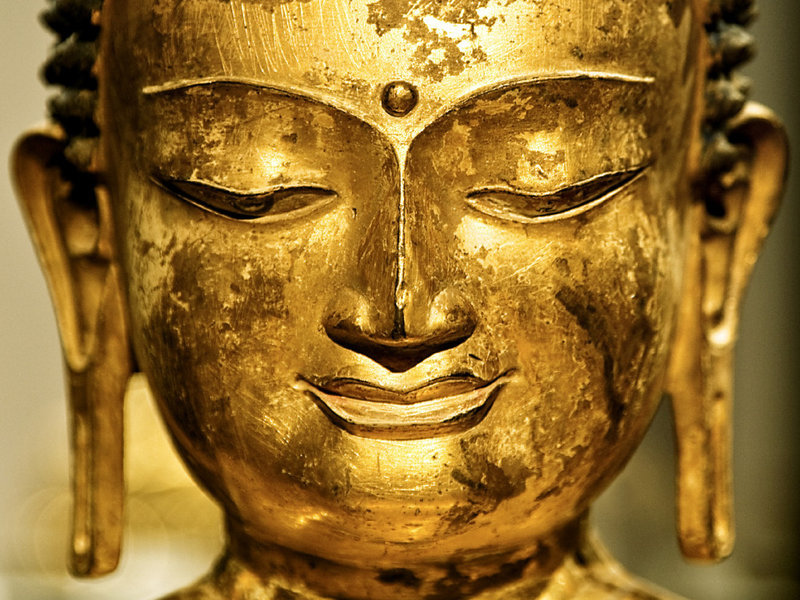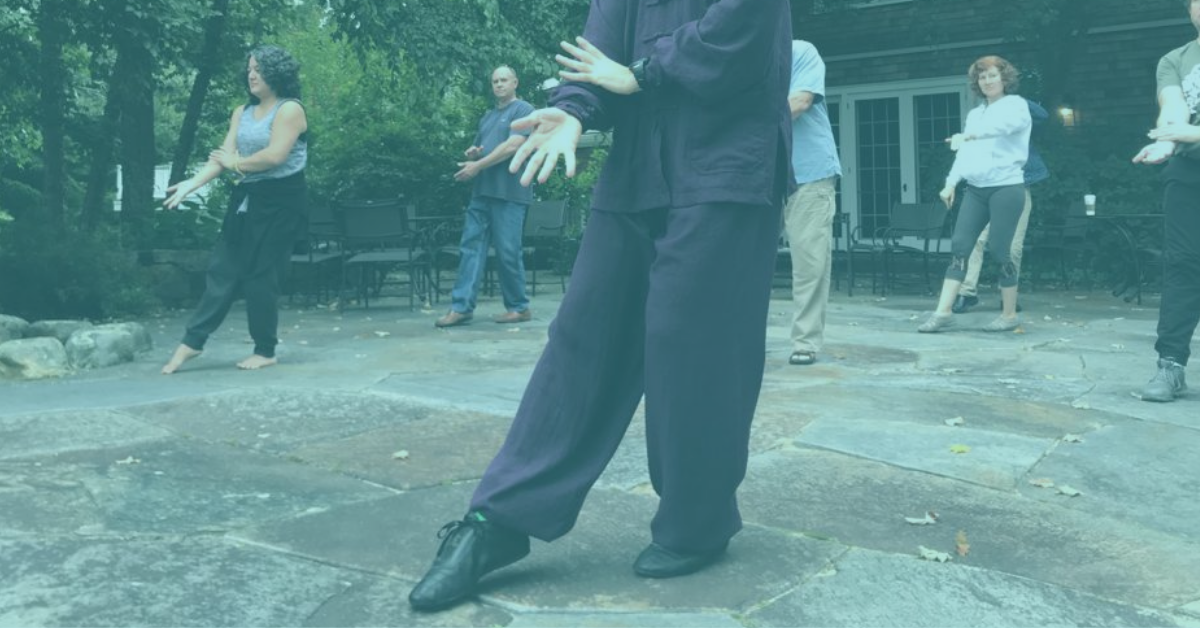Breathwork and meditation are yin and yang spiritual practices. In a breathwork practice you do the breathing, while in meditation practice you watch your body doing the breathing on its own. Meditation is passive and breathwork is active. The yin yang symbol represents the duality of life where every element in life has its opposite. There are infinite representations of this light and dark, masculine and feminine, hard and soft, and in the case of breathwork and meditation, active and passive. You may also notice in the yin yang symbol, that inside the yin there is a little yang circle and vice versa. This means each element also contains some part of its opposite.
What is the purpose of breathwork and meditation?
The purpose of both breathwork and meditation are the same; non-attachment to experience, with the goal of reducing suffering. To truly gain the value of a spiritual practice it’s important to understand what we suffer from and why non-attachment will reduce suffering.
For example while breathwork is an active practice your awareness is passive, watching and not getting involved in what arises. When you meditate you are literally doing nothing yet your awareness is actively paying attention and witnessing everything that is happening.
How to use breathwork and meditation to fulfill your desires

It sounds like Buddha was saying that your passions in life are a bad thing? Desire is not only a good thing, it is the most essential part of you. Your desire is the voice of spirit speaking directly to your heart; the sacred meeting point between you and your Creator. This most sacred part of your nature is only inside you, hidden from view, like a seed not yet sprouted. Desire gives you passion which is fuel to live a meaningful life. What draws this out into the world is an object of your desire. What you want in life is your desire looking to be recognized and animated by the external world. You want to see yourself outside of yourself. You want to see your desire expressed as a lover, a job, money, security, family and success in every endeavor.
Desire, however, is not the cause of suffering. It is in the pursuit of the “object of your desire” where attachment to outcomes brings expectation, disappointments and feelings of failure. Who hasn’t bet all their marbles on something, failed, lost, been rejected, abandoned or betrayed? To want is to risk and the risk then can feel too much to take after a few devastating experiences. So what do we do? Should we stop listening to our heart’s desire? Do we follow our heart knowing that potentially it will be broken again or should we consider the difference between our desire and the object of our desire?
Can breathwork and meditation alleviate suffering?
To reduce suffering, understanding why you suffer is primary, otherwise you will use breathwork and meditation practices to try to escape your feelings, which is not its true purpose. Desire and the object of our desire are two different things. Desire is not the problem, it is in the wanting of something outside of yourself that initiates the process of suffering.
There are two reasons. The first is a belief that you may or may not be aware of regarding what getting what you want will do for you. Your belief inherently sets up expectations that have a strong chance to not be met.
The second reason is more nuanced. In the moment of projecting your desire outside of you, you become separate from it. Now you are two: you, and what you want “out there” somewhere. It’s ironic that we want something so we can feel something inside when we already had the feeling in the first place!
Passion, life, desire and connection was there in the connection to your desire and it is only in projecting onto something or someone a separation has been created.
Suffering will arise out of lack and a sense of having an unmet need. Even if you understand it will only begin to reduce suffering. The work begins with understanding, but transforms you through a spiritual practice like breathwork and meditation. The concepts I’m sharing are to help organize your mind and help you set up a correct attitude to approach doing the work.
Breathwork and meditation teach you to practice non-attachment

Both breathwork and meditation teach you the process of witnessing yourself. One is an active practice of breathing with a passive attention on what arises while the other is a passive practice with an active awareness of what arises.
In both breathwork and meditation, witnessing is practicing non-attachment. By practicing meditation everyday you begin to see how fleeting the objects of your desire are. When you sit, a million thoughts of wanting things will arise; by not attaching you become free from merging and following it.
By practicing Effiji Breath you begin to see how much buried trauma you have and how much it is ruling your life. By breathing rigorously and allowing everything to arise, the energy that was separate from you comes back to the whole, in the same way that it became separate at some point when your desire was separated from you.
Desire is not actually about getting anything, it is about the process of seeking. We have a desire to learn how to live, not get to an object out in the world. Learning how to live with and tend to your heart is a process. Feeding your heart is like feeding your body. You must learn what nourishes it. You shouldn’t eat for taste, you should eat for digestion, nourishment and nutrients. Recognize that if you want something don’t see yourself separate from what you seek. See your desire in what you are seeking. It is already a part of you. Secondly, try to see and observe any expectations you have when you want something. Try to release attachment to an outcome so you don’t create a path leading to disappointment.
Trust Your Heart
Trust your heart. Even if your heart has been broken does not mean you should not follow your heart anymore. You just need training and balance, like Yin and Yang. As the poet Rumi said “Come come again even though you lost your way a thousand times, come, come again, for ours is not a caravan of despair”, meaning come back to your heart and try again when you’re ready. Listen to your heart and use meditation and breathwork to train you not to merge with your experience.







